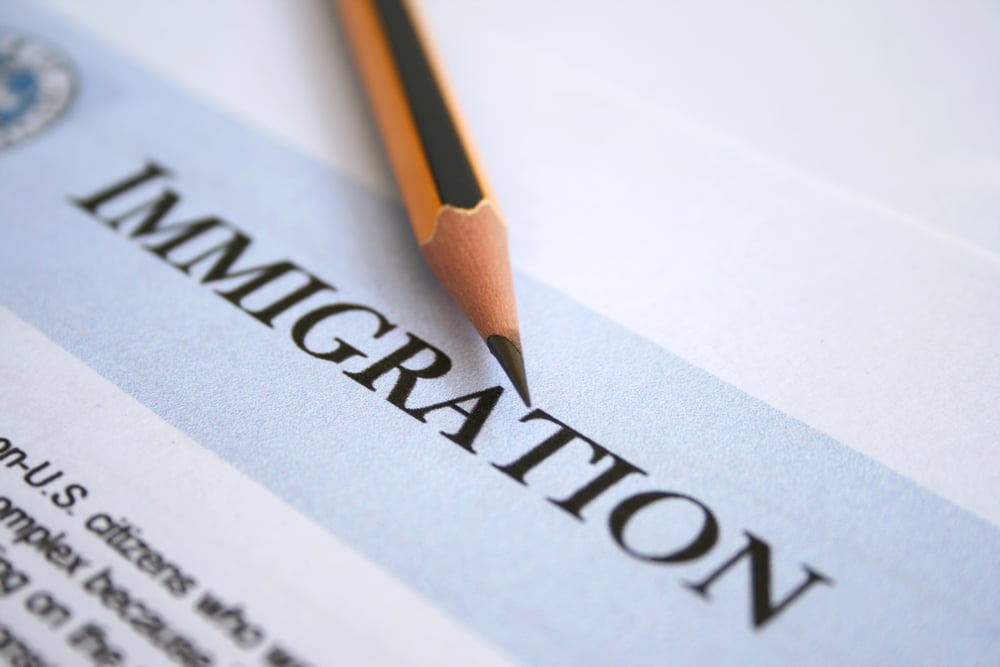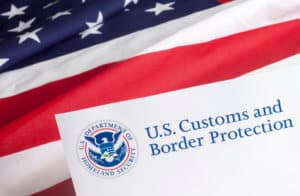
January 31, 2023
During President Biden’s recent trip to the southern U.S. border, he announced new policies that could affect immigration in Florida. Read on to see how those policies could affect you and your loved ones.
Title 42 was enacted in 2020 as a public health order that allowed U.S. Border Patrol to expel those crossing the U.S. border without a hearing. In 2022, after the pandemic phase of COVID-19 began to end for many countries, the Biden administration laid plans to lift Title 42, allowing more immigration into the U.S.
After several states filed lawsuits against this action, the matter was heard by the U.S. Supreme Court. The Court ruled that Title 42 must stay in place while it considers the states’ ability to appeal.
Humanitarian Parole
In an effort to continue to allow immigration from countries in which the country’s citizens are experiencing economic hardships and humanitarian crises, the United States and Mexico agreed on a “humanitarian parole” option for Venezuelans in October 2022.
Under this policy, immigrants from Venezuela can legally enter the U.S. if they have a U.S.-citizen sponsor who will be responsible for them. They also must pass a rigorous safety screening process and complete all required vaccinations. This policy has had an impact on immigration in Florida because there are many designated ports of entry in our state.
Humanitarian Parole Expansion
During President Biden’s visit to El Paso in January 2023, he announced an expansion of the Title 42 expulsions policy to include citizens of Haiti, Cuba, and Nicaragua. Those wishing to immigrate to the U.S. from those countries can stay in the United States for two years if they have a sponsor in the U.S., a valid or recently-expired passport, and can pass a background check. If they are unable to meet these criteria, they will be returned to Mexico, regardless of their stated need for asylum.
New Policy’s Expected Effect On Immigration In Florida
Although we do not know the long-term effects of this expansion on humanitarian parole, if it follows the precedent of the Venezuelan policy, it could lower the number of immigrants seeking asylum in the U.S. President Biden is calling the Venezuelan policy a success, noting that the number of Venezuelans trying to cross the border has decreased from 1,100 a day to 250 a day.
However, with the recent increase in immigrants coming to Florida from Cuba and Haiti by boat over the last several months, we will have to wait and see what impact this new policy has on our state. Cubans are fleeing political persecution as well as economic hardships while Haitians are looking to escape gang violence and poverty. The new humanitarian parole policy would allow up to 30,000 immigrants from Venezuela, Cuba, Haiti, and Nicaragua to enter the U.S. each month.
CBP One
U.S. Customs and Border Protection (CBP) has a new app called CBP One that will manage applications for Title 42 exemptions. Those seeking asylum must use this app to gain access to the system and apply for an appointment from outside the U.S. to present themselves at a port of entry.

Our Immigration Attorney Can Help
If you have loved ones who are looking to enter the United States from Venezuela, Cuba, Haiti, or Nicaragua, we can answer your questions about the best way for them to enter the country legally under the new humanitarian parole policy. Contact us today for any questions about immigration in Florida. We look forward to speaking with you.